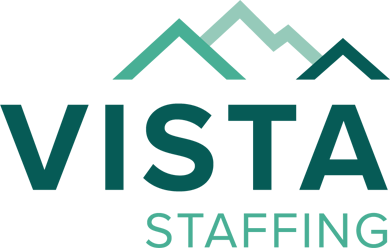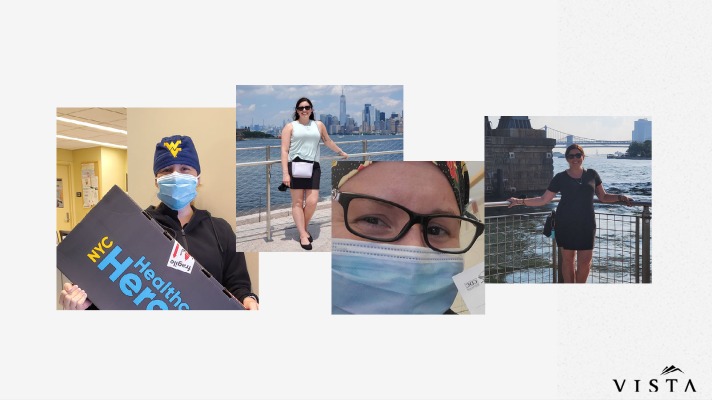Get a Smoother Licensing and Credentialing Process, Today!

For each new assignment, you will need to meet licensing and credentialing requirements. But does paperwork get you down? If licensing and credentialing are taking away from the reasons you love your job and giving you a massive headache, we can help.
Consider the following licensing and credentialing tips for clinicians. They might seem simple, but practicing them can help save time and eliminate the hassle.
Carve Out Time to Get (and Stay) Organized
Every state has a unique licensure process, and credentialing requirements vary from site to site. However, you can give yourself a tremendous head start and save time with every assignment by committing to regular organizational housekeeping; including:
- Keep your CV and some critical documents updated. (Click here for a list of standard documents requested during the licensing and credentialing processes, as well as what to include in your CV.)
- Have complete contact information (personal phone number, email, home address, etc.) for professional references that are prepared to respond.
- Being up to date on your vaccinations and able to provide documentation.
- Give yourself plenty of time to achieve licensure.
- Paying attention to licensing/credentialing application deadlines and meeting any deadlines given throughout the process.
- Ensure all of your documents are available for digital sharing
- Keep an eye on your email, voicemail, and texts for communication, and respond as quickly as possible. This will keep the processes moving as efficiently as possible.
Be Thorough and Transparent
The licensing and credentialing process is always easier when you provide accurate information. Bear in mind that even small discrepancies between your CV and application can delay licensing and privileges from being issued. Be thorough in your review—some state boards and facilities will void licensing/credentialing applications that miss deadlines or contain errors. Some licensing boards will also assess fees if applications are incorrect. Finally, provide any legal documentation regarding personal and/or professional legal matters.
Ask Your Recruiter Questions
If you are working through a staffing agency, you should feel like you have a partner by your side every step of the way. How do you know you’re in good hands? Ask questions—precisely, these three:
- Does Your Staffing Agency Have an In-House Licensing Team?
Are they capable of coordinating primary source credential verification, including licenses, privileges, education/training, certifications, professional liability insurance coverage, and more? Are they there if you run into any issues? VISTA’s in-house licensing team does all of the leg work of requesting and tracking verifications. It’s our job to help you avoid challenges, but someone is always available to help solve your problems if they arise.
- Does Your Staffing Agency Cover the Costs of Licensing and Credentialing?
VISTA will cover most of the costs of licensing and credentialing for any assignment worked through us. There might be some situations that you pay for the cost upfront, and VISTA will reimburse you.
- Does Your Staffing Agency Have Experience and Established Relationships?
At VISTA, we have strong relationships with all 50 state medical boards, and we understand when and how they review applications, and how long it usually takes. We also know potential roadblocks to look out for, and when requirements are updated or changed. Our team will work with you, the state medical boards, and healthcare facilities to ensure all of the necessary paperwork is done correctly, and documentation is ready on time.
Less Time on Admin Duties, More Time with Patients
Licensing and credentialing take time and attention, but it doesn’t need to be painful. It shouldn’t hinder your ability to maintain steady work as a locum tenens clinician. If you have questions about VISTA’s in-house licensing and credentialing teams, contact us.









